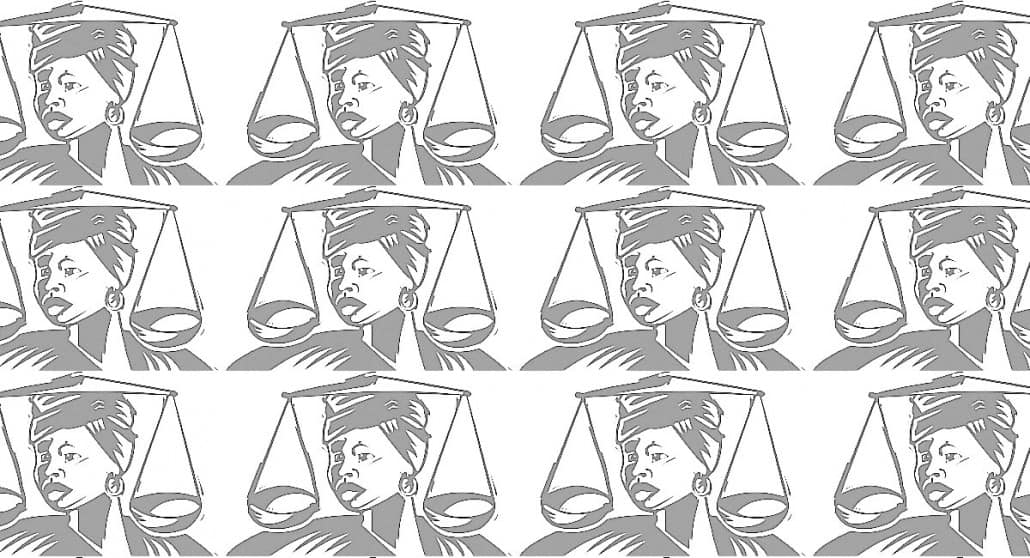National director of public prosecutions Shaun Abrahams on Monday announced that the National Prosecuting Authority (NPA) will appeal the ruling of the North Gauteng High Court judgment on the so-called spy tapes and possible re-instatement of corruption charges against Jacob Zuma.
The judgment – handed down on 29 April – set aside the 2009 decision to drop 18 charges of fraud and corruption, relating to 783 dodgy payments, against Zuma. Arguments were heard at the beginning of March.
“My decision is strictly based on the judgment of the Pretoria High Court and not any other decision,” Abrahams responded when asked if he had sought the opinion of Mokotedi Mpshe, the acting national prosecutions director at the time that the charges were dropped, in coming to this decision. “I will always do what is correct, irrespective of whether the individual is an ordinary person, a cabinet minister or a sitting president.”
He stressed that his team would not discuss the merits of the case with the media and would thus not prefer to be asked questions on that. “I believe it needs the decision of an appeal court,” said Abrahams of the case.
The DA had brought the case against three respondents, namely Mpshe; Leonard McCarthy, head of the Directorate of Special Operations (Scorpions), which was disbanded in 2009; and Zuma, who was not president at the time the charges were withdrawn.
Mpshe’s decision to withdraw the charges was based on an alleged political plot against Zuma by McCarthy and others, but his unilateral decision to do so was deemed irrational by the Pretoria High Court.
The NPA first brought corruption charges against Zuma in 2007, but these were dismissed in September 2008 in the Pietermaritzburg High Court. The judgment was appealed and overturned in January 2009.
The NPA was thus about to go ahead with its case against Zuma. However, on 31 March 2009 Mpshe listened for the first time to the spy tapes, and was so disturbed by what he said he heard – evidence of the McCarthy plot – that he withdrew the charges against Zuma. Mpshe’s action triggered the DA’s case, launched a week later.
The 2016 judgment, setting aside Mpshe’s decision, was handed down in the collective name of the court, and was not attached to any of the three judges.

